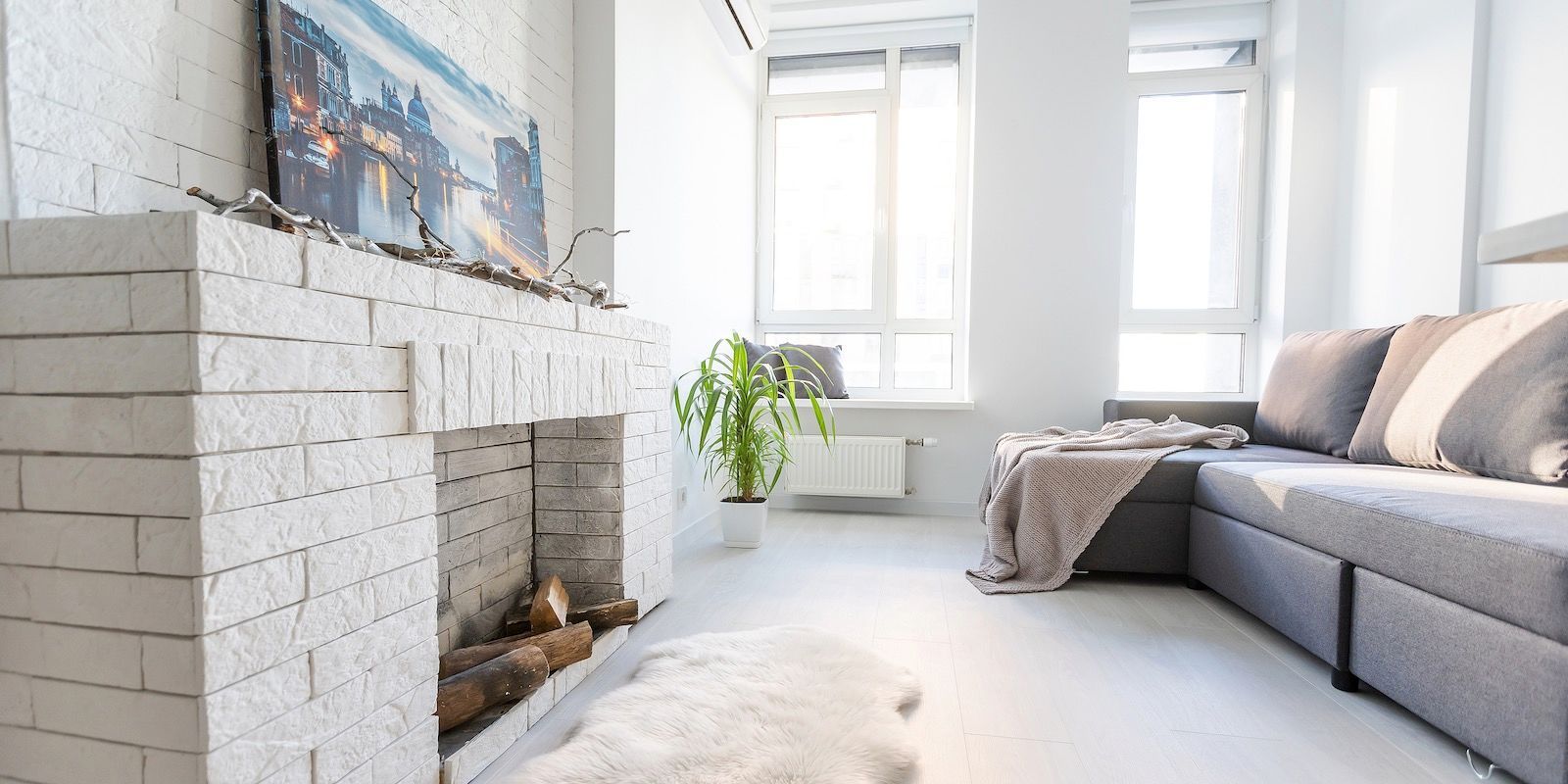Make way for a Home away from Home
Everyone loves a vacation to get away, relax and recharge. Some of us enjoy re-visiting the same spot again and again; and when the timing is right, you might want to buy property at that lake, mountain or prairie. Although your desire to buy may be due to years of family memories, the actual purchase must come down to dollars and cents, not emotion.
Take a look at your finances. Have you saved the down payment? Do you have the monthly room for the mortgage and other required payments? A vacation home isn’t relaxing if it causes financial stress. Consider how much is required (down payment, monthly payments, additional expenses) and decide if this is the best use of your money right now.
Talk to your mortgage professional about the options. Financing a very rural property may encounter different hurdles than a mortgage in the same place for a primary residence. Having a “serviced” property (water, sewer and gas) will be more attractive to lenders, but in the case of very rural locations, using the equity in your existing home may be the only option. Obviously, this only works if you have a solid amount of equity. This method is common for vacation properties.
Another factor comes back to emotion: it sounds romantic to have a “home away from home”, or a special place to get away. Many of us think this is exactly what we need, but will you really use it? Do you have time to get away?
Some vacation properties are bought by a group. This helps with financing, but you must be certain this arrangement will work or it could become a nightmare. Be sure you know all parties involved very well as well as their behaviours around financial transactions. If things are rough early in, it won’t get better. Discuss everything about the property including “shared use” and document it – have everyone sign the agreements – including terms for selling. While some strategies include different levels of contribution, it’s best to have everyone contribute equally to the purchase and ongoing costs.
When selling, you will pay Capital Gains as this isn’t your primary residence. Discuss this with your financial planner, accountant or other financial advisor (ask me if you need a recommendation) to know how this will impact your financial situation.
Another option to consider is whether you are willing to rent the property when you aren’t using it. You need to be comfortable with others using your space, plus you must understand that damage may happen. The benefit is that although rental income is taxable, it will help offset the required expenses.
Vacations are a lot of fun and it’s nice to have a home away from home. Get to know your options and understand the financial implications before the romance carries you away.
Share












